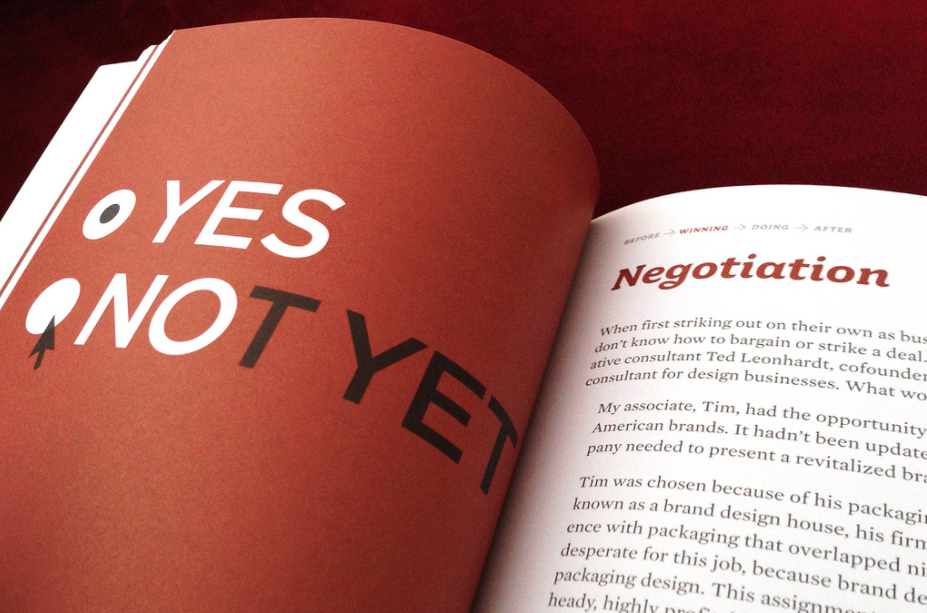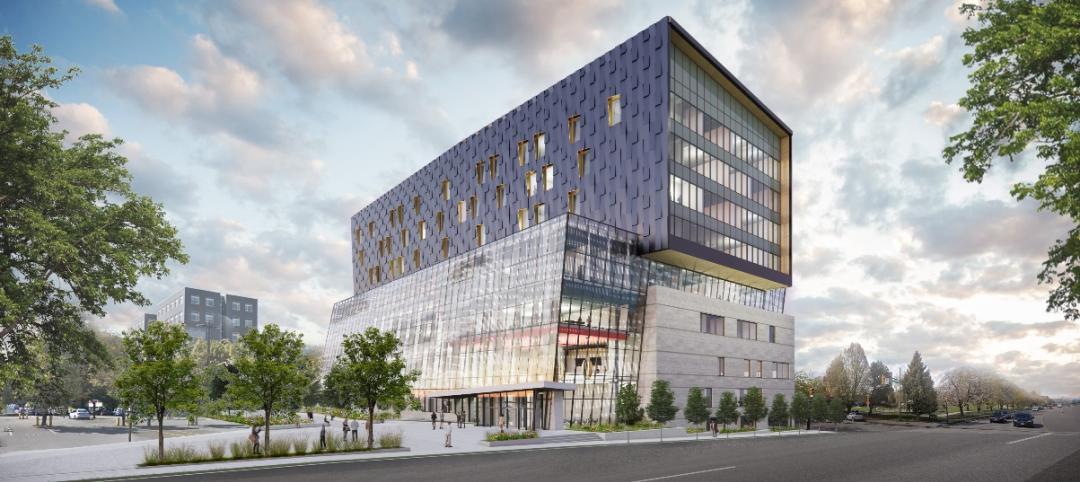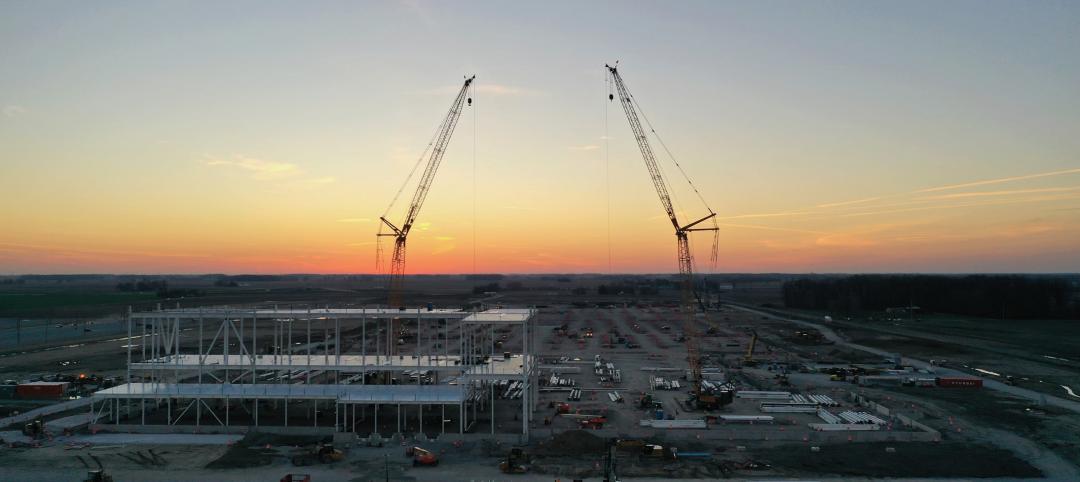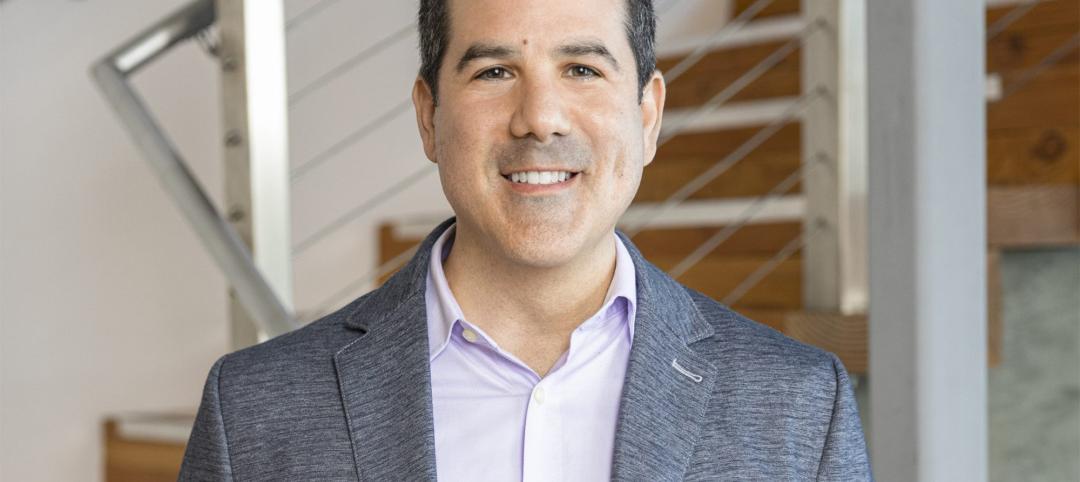Women often tell me that they are afraid of negotiation, that they either just do not know how to do it to get what they want or that they do not have confidence that they will be ready enough for any negotiation.
Whether it is a salary negotiation, bidding on a job, or solving a problem on a job site, you can have an effective negotiation and get the results you seek following some logical and well-planned steps.
The very first step is to start in your own head. The voices in our heads often dissuade us of our ability to successfully negotiate. Just say "no" to those voices!
Negotiation does not need to be equated with conflict. In fact, starting with thinking about the issue as a problem to solve and that your negotiation partner is part of your process in reaching a solution will help reorient your view. Because women are natural collaborators, if we approach our negotiations as getting a deal done rather than getting a "win," we are more likely to enter the process with confidence. And confidence will get you halfway to your goal!
Your mindset—how you look at the world and your attitudes that influence how you interpret situations—plays a key role in how you negotiate. Often our mindset in a negotiation is that we are in opposition to our negotiation partner. In many situations, your negotiation partner may hold an opposing view or position. However, if you start with the mindset that your "opponent" is instead your "partner" in reaching your goal, your entire mindset and all of your resulting actions will change.
Instead of, "I can't believe they won't give me a raise," think, "I can explain to you why a raise will be beneficial not only for me but also for the firm." You can see how your discussion will automatically change.
In addition, when you enter into a discussion with this collaborative mindset , you tap into your natural tendency to find effective solutions and carry an inherent amount of self confidence that will make others want to agree with you.
In relationships, whether they are person or business relationships, no one really wants conflict. If your mindset is such that you are seeking a collaborative solution, others will naturally want to join you on this journey.
Now that your mindset is attuned, we will discuss in my negotiation blog some practical steps to prepare for your negotiation. If you have any comments or questions, please post them and start a dialogue.
Related Stories
Higher Education | Aug 7, 2023
Building a better academic workplace
Gensler's David Craig and Melany Park show how agile, efficient workplaces bring university faculty and staff closer together while supporting individual needs.
University Buildings | Aug 7, 2023
Eight-story Vancouver Community College building dedicated to clean energy, electric vehicle education
The Centre for Clean Energy and Automotive Innovation, to be designed by Stantec, will house classrooms, labs, a library and learning center, an Indigenous gathering space, administrative offices, and multiple collaborative learning spaces.
Green | Aug 7, 2023
Rooftop photovoltaic panels credited with propelling solar energy output to record high
Solar provided a record-high 7.3% of U.S. electrical generation in May, “driven in large part by growth in ‘estimated’ small-scale (e.g., rooftop) solar PV whose output increased by 25.6% and accounted for nearly a third (31.9%) of total solar production,” according to a report by the U.S. Energy Information Administration.
Resiliency | Aug 7, 2023
Creative ways cities are seeking to beat urban heat gain
As temperatures in many areas hit record highs this summer, cities around the world are turning to creative solutions to cope with the heat. Here are several creative ways cities are seeking to beat urban heat gain.
Government Buildings | Aug 7, 2023
Nearly $1 billion earmarked for energy efficiency upgrades to federal buildings
The U.S. General Services Administration (GSA) recently announced plans to use $975 million in Inflation Reduction Act funding for energy efficiency and clean energy upgrades to federal buildings across the country. The investment will impact about 40 million sf, or about 20% of GSA’s federal buildings portfolio.
MFPRO+ New Projects | Aug 4, 2023
Nashville gets 'first-of-its-kind' residential tower
Global architecture firm Goettsch Partners announces the completion of Alcove, a new 356-unit residential tower in Nashville, Tenn., developed by Giarratana LLC.
Industrial Facilities | Aug 3, 2023
The state of battery manufacturing in the era of EV
One of the most significant changes seen in today’s battery plant is the full manufacturing process—from raw materials to the fully operational battery.
Government Buildings | Aug 2, 2023
A historic courthouse in Charlotte is updated and expanded by Robert A.M. Stern Architects
Robert A.M. Stern Architects’ design retains the original building’s look and presence.
Hotel Facilities | Aug 2, 2023
Top 5 markets for hotel construction
According to the United States Construction Pipeline Trend Report by Lodging Econometrics (LE) for Q2 2023, the five markets with the largest hotel construction pipelines are Dallas with a record-high 184 projects/21,501 rooms, Atlanta with 141 projects/17,993 rooms, Phoenix with 119 projects/16,107 rooms, Nashville with 116 projects/15,346 rooms, and Los Angeles with 112 projects/17,797 rooms.
Architects | Aug 1, 2023
Ware Malcomb announces hire of Jason Golub as Regional Director
In this role, Golub is responsible for the overall leadership and continued growth of the office.

















